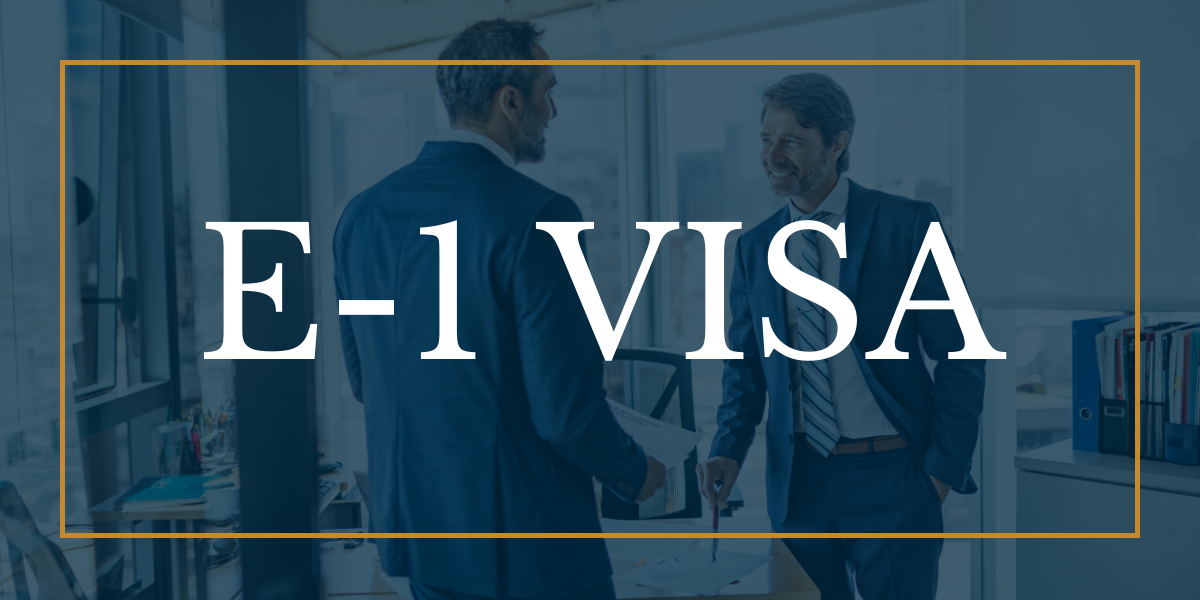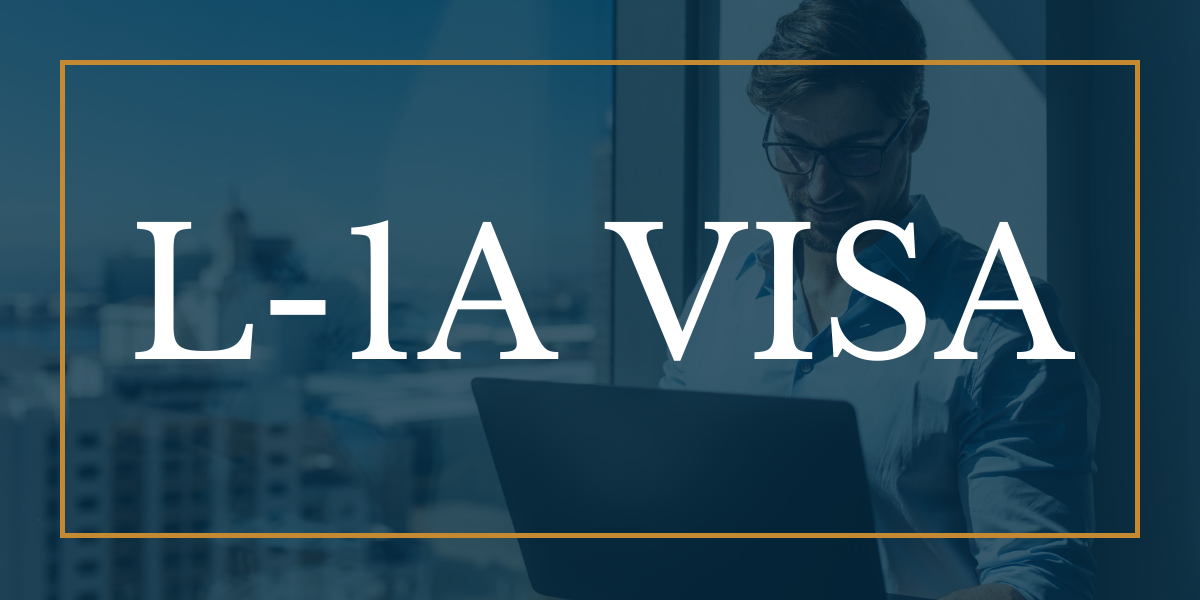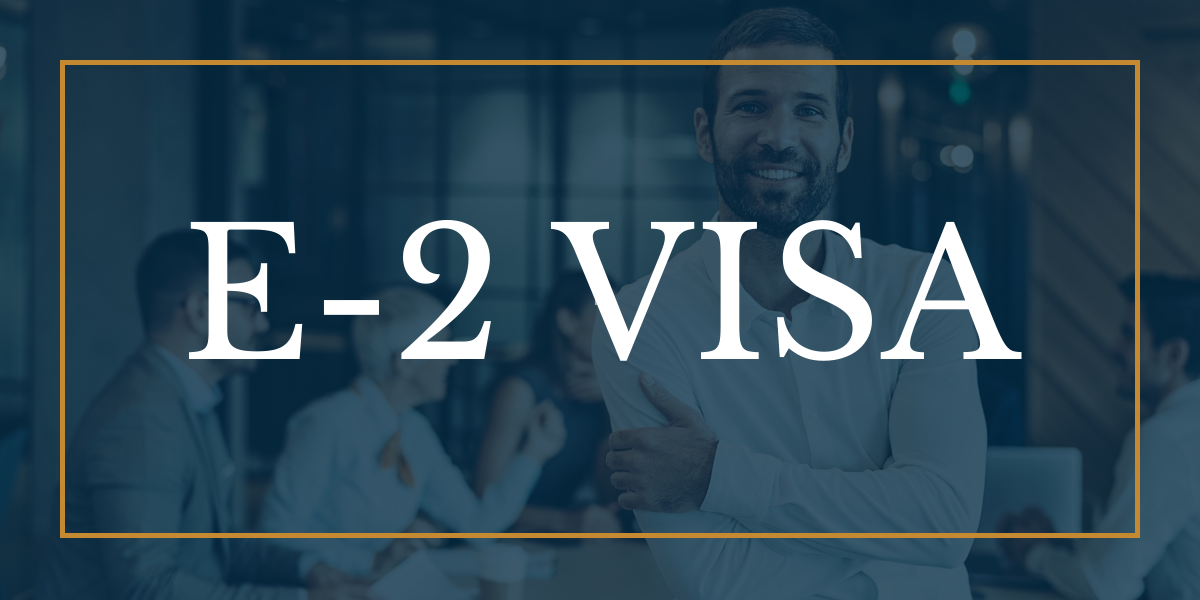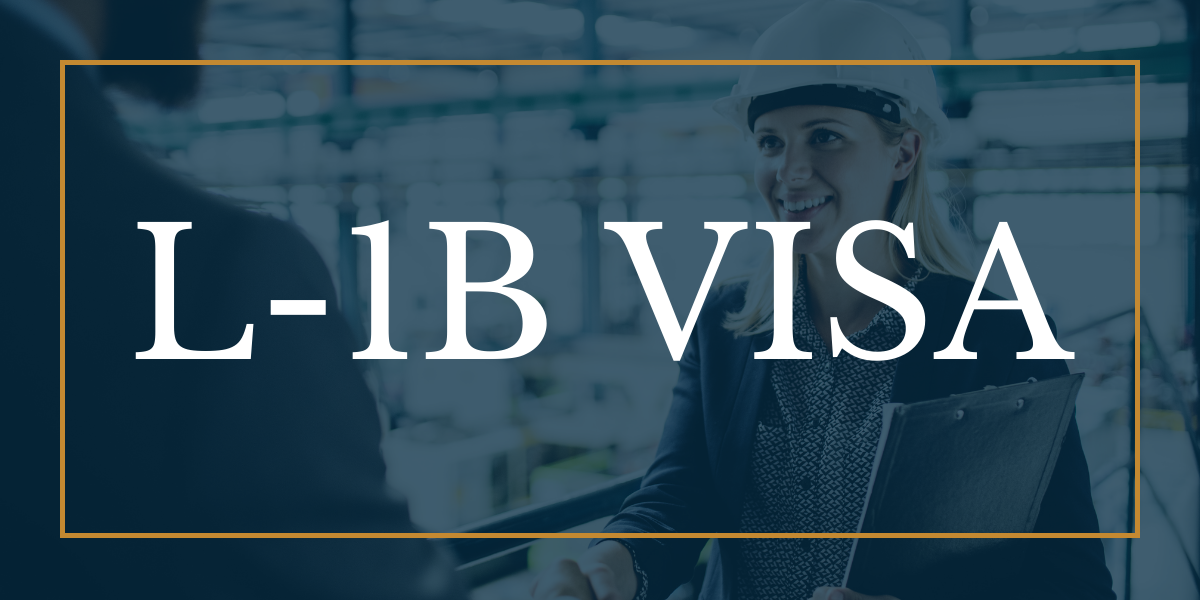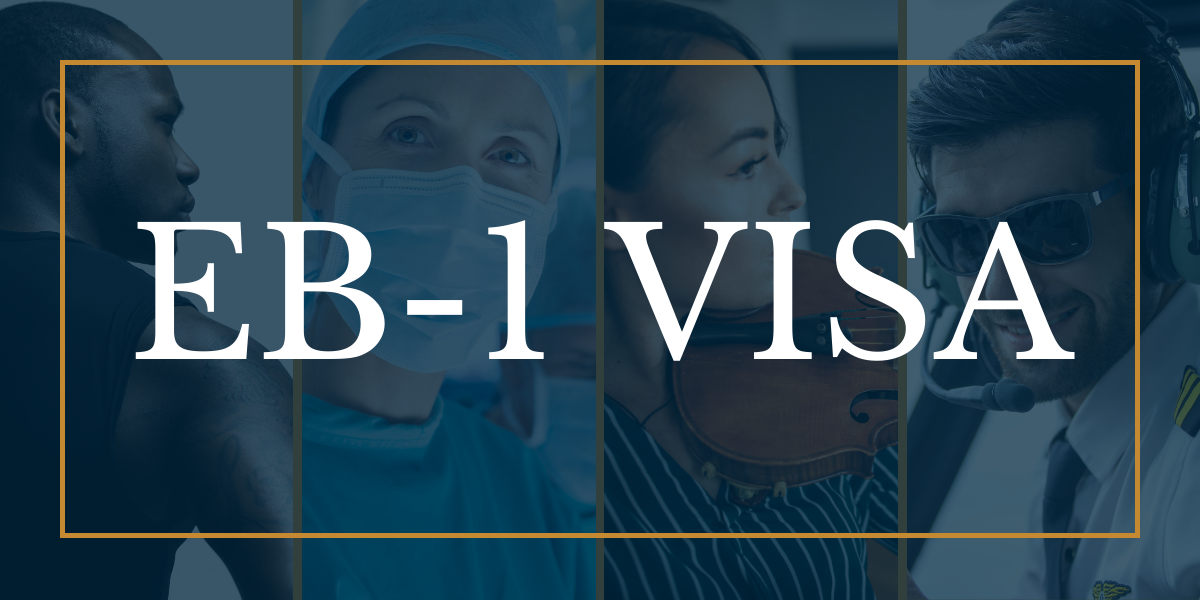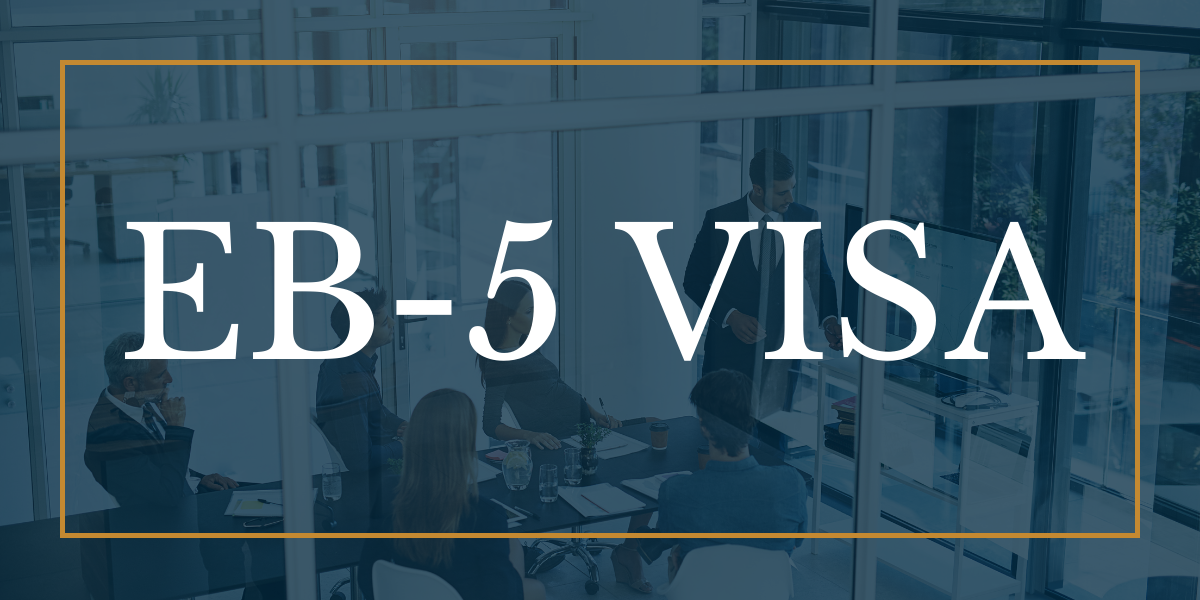A Comprehensive Guide to
EB-1 Visas
Navigating the Path to Permanent Residency Through Extraordinary Ability
Welcome to DeMine Immigration Law Firm. We understand the complexities of immigration law, and we are here to guide you through the EB-1 visa process. As advocates for investors and entrepreneurs, we recognize the importance of securing a visa that aligns with your professional goals. In this comprehensive guide, we will address key aspects of the EB-1 visa, providing you with essential information to make informed decisions.
What is an EB-1 visa and who is it for?
/EB-1%20Visa%20Inline%20Images%20(6%20x%201%20in)%201.png?width=717&height=120&name=EB-1%20Visa%20Inline%20Images%20(6%20x%201%20in)%201.png)
What is the typical timeline for the EB-1 visa?
What is the cost for the EB-1 visa?
What is the eligibility for the EB-1 visa?
- EB-1A (Extraordinary Ability): Individuals with extraordinary achievements in their field, such as arts, sciences, education, business, or athletics, are eligible. Evidence of sustained national or international acclaim is crucial for a successful petition.
- EB-1B (Outstanding Professors and Researchers): This category is for outstanding professors and researchers with a minimum of three years of experience in teaching or research. The applicant must demonstrate international recognition in their academic field.
- EB-1C (Multinational Executives and Managers): Executives or managers who have been employed abroad for at least one of the three years preceding the petition and are seeking to enter the U.S. to continue their executive or managerial duties with the same employer or a related entity.
/EB-1%20Visa%20Inline%20Images%20(6%20x%202%20in)%202.png?width=721&height=240&name=EB-1%20Visa%20Inline%20Images%20(6%20x%202%20in)%202.png)
How to apply for the EB-1 visa?
- Form I-140: The sponsoring employer or the applicant submits Form I-140, Immigrant Petition for Alien Worker, to USCIS along with the required supporting documentation.
- Evidence Compilation: Applicants must compile robust evidence showcasing their qualifications and achievements in their respective fields. This may include awards, publications, recognition, and recommendation letters.
- Premium Processing (Optional): For a faster adjudication process, premium processing is available for an additional fee. USCIS commits to processing the petition within 15 calendar days.
- Adjustment of Status or Consular Processing: Once the I-140 petition is approved, applicants can proceed with either adjustment of status (if already in the U.S.) or consular processing (if outside the U.S.) to obtain their immigrant visa.
/EB-1%20Visa%20Inline%20Images%20(6%20x%202%20in)%203.png?width=721&height=240&name=EB-1%20Visa%20Inline%20Images%20(6%20x%202%20in)%203.png)
Frequently Asked Questions
Can I apply for an EB-1 visa without a job offer in the U.S.?
Generally, the EB-1 visa requires a job offer from a U.S. employer. However, certain individuals with extraordinary abilities may self-petition.
Is premium processing necessary for EB-1 petitions?
Premium processing is optional but expedites the adjudication process. Whether to opt for premium processing depends on individual circumstances and urgency.
Can family members accompany EB-1 visa holders?
Yes, spouses and unmarried children under 21 can accompany EB-1 visa holders to the U.S. under the same visa category (EB-1A, EB-1B, or EB-1C).
What happens if my EB-1 petition is denied?
If the petition is denied, our firm can assess the reasons for denial and explore potential legal remedies, including appeals or refiling with additional evidence.
/EB-1%20Visa%20Inline%20Images%20(6%20x%201%20in)%204.png?width=721&height=120&name=EB-1%20Visa%20Inline%20Images%20(6%20x%201%20in)%204.png)
Navigating the EB-1 visa process requires precision and expertise. At DeMine Immigration Law Firm, we are committed to providing tailored solutions for investors and entrepreneurs seeking to establish their presence in the United States. Our team is ready to guide you through every step of the EB-1 visa application process, ensuring a smooth and successful journey towards your American dream.


